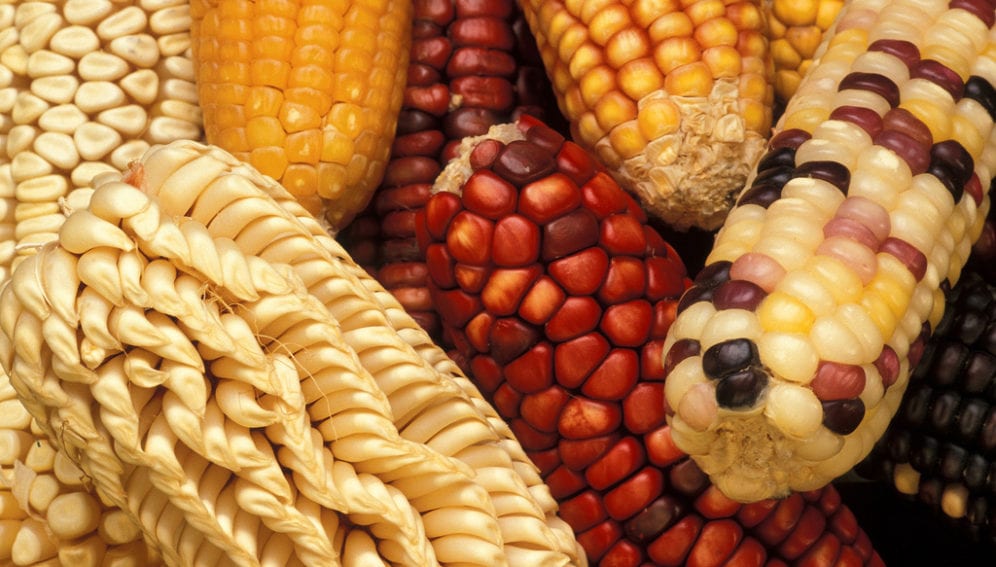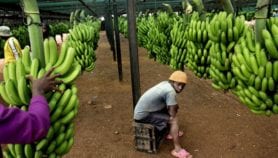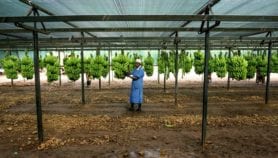By: Gilbert Nakweya
Send to a friend
The details you provide on this page will not be used to send unsolicited email, and will not be sold to a 3rd party. See privacy policy.
[NAIROBI] A senior US trade specialist has called on Kenya to lift its import ban on genetically modified organisms (GMOs) imports, saying it is sending the wrong signal about the country's commitment to technological advancements, especially in agricultural biotechnology.
Zhulieta Willbrand, an international trade specialist who covers trade in new technologies at the United States Department of Agriculture (USDA), says that the ban will do more harm than good to the country.
"This ban could send wrong signals to investors in biotechnology in Kenya," she told SciDev.Net on a visit to Kenya 13th August. "The government should provide justification through scientific assessments to make such decisions."
Willbrand notes that the ban could also create an insecure environment for students training in biotechnology, holding back capacity.
She says that genetic modification is simply the transfer of technology based on the genes of crops to get desired qualities such as pest resistant ones. "Genetic modification aims at finding new solutions and tools," she adds.
Willbrand urges Kenya to build and strengthen capacity in biotechnology, and to empower and use its regulatory bodies to review the safety of products.
Her call comes just a week after Mark Lynas, a visiting researcher at Oxford University and a former anti-GM activist, also urged the country to lift the ban as GMOs could help provide food security for the rapidly growing population, amid climate change.
"This ban is based on propaganda; let's allow scientists to develop new crop varieties such as those tolerant to droughts," Lynas urges.
Kathryn Snipes, an agricultural counsellor to the US Foreign Agricultural Service in Nairobi, says the country has the regulatory capacity to manage biotechnology.
"There is need for the authorities to create public awareness on this technology — what we need is dialogue based on facts," she comments.
James Ochanda, head of the centre for biotechnology and bioinformatics at the University of Nairobi, tells SciDev.Net that political sentiments have been a hindrance to the advancements of biotechnology in Kenya. Such sentiments, he says, are usually based on misconceptions about GMOs.
"We need political goodwill for the country to realise [its] full potential in biotechnology," Ochanda says, adding that "a ban could portray the country as anti-science and technology."
This article has been produced by SciDev.Net's Sub-Saharan Africa desk.














